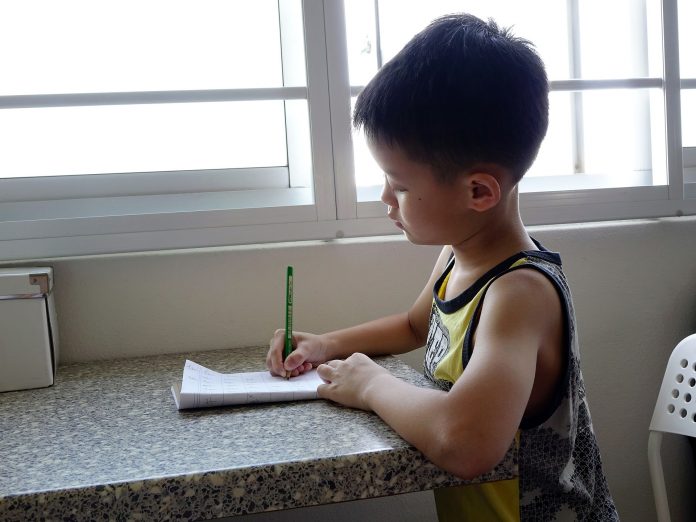China has made it illegal for companies to make a profit from after-school tuition services for school-age children. Although mainly aimed at the academic cram schools known as buxiban, the new policy also covers language schools and online providers, sources in China have confirmed.
Under the new policy, announced on state media on24 July, providers are also banned from floating on any stock market or – where providers are already listed on a market – from using the capital for funding after-school tuition. Teaching at weekends and during public or school holidays is also prohibited.
The policy outlaws foreign ownership of after-school tuition services, even through contractual relationships. This may present problems for foreign franchise operations such as EF Kids and Teens, which was acquired by US investment giant Permira last year.
The policy, which will introduce government standards for course fees, only applies to tuition in the academic subjects covered in China’s National Curriculum for the years of compulsory schooling. This means that language schools specialising in adults, such as Wall Street English China, may not be affected,
When a similar policy was introduced for private schools in 2019, pre-schools and high schools for over 15s remained exempt. However, the new policy specifically states that providers teaching academic subjects to high-school students should “take into consideration” the new measures “when conducting activities”.
The new policy hit the share prices of Chinese companies even before it was officially announced. On 23 July three Chinese private education giants listed on the New York Stock Exchange saw their shares fall 60% when a document outlining the new measures was leaked to the financial press. TAL Education, Gaotu Techedu and EFL giant New Oriental had a combined total of US$16 billion wiped off their value, according to the Financial Times.
In response to the new policy, New Oriental, China’s largest provider of private educational services, issued a statement confirming that it would comply with relevant rules and regulations when providing educational services.
“The Company is considering appropriate compliance measures to be taken and expects such measures to have material adverse impact on its after-school tutoring services related to academic subjects in China’s compulsory education system,” the statement affirmed.
Pressure on the after-school tutoring sectors has been growing for some time, as the Gazette reported on page 9 of our last issue (https://www.elgazette.com//). In particular, the government –which has recently been encouraging its citizens to have up to three children – is concerned that the cost of private tuition, which is taken by an estimated 75% of all Chinese children at some stage in their school career, was putting families off having bigger families.
Speaking to the Financial Times, Li Chendong, founder of a Beijing think tank, said: “The government decided to kill the sector because it had created too many problems, ranging from education inequality to low birth rates.”







